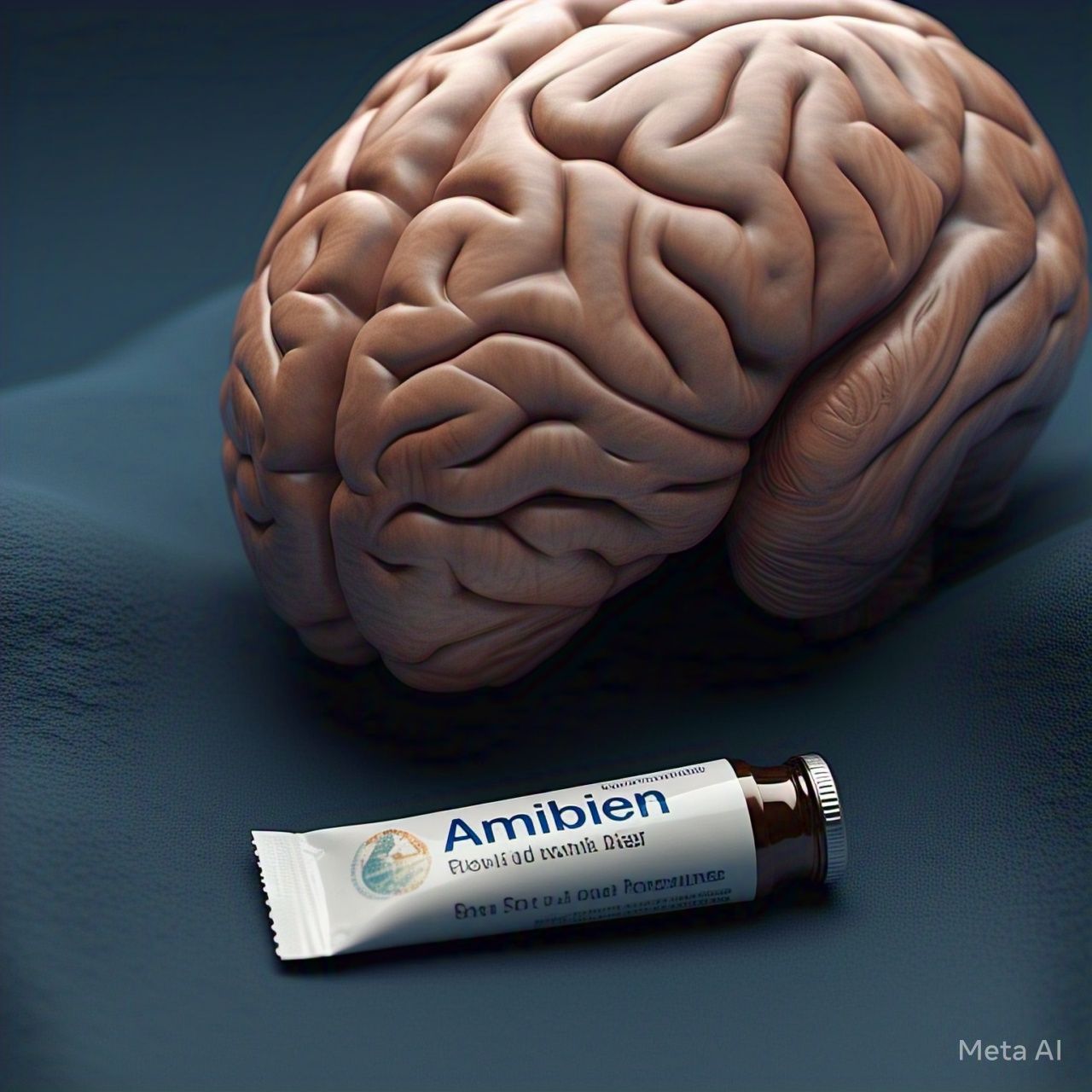
Common sleep medication may prevent brain from clearing 'waste

The study, published in a reputable scientific journal, investigated the effects of zolpidem, a widely prescribed sleep medication, on the brain's waste removal process. The researchers found that zolpidem reduced the brain's ability to clear out beta-amyloid plaques during sleep.
"This study suggests that zolpidem may have unintended consequences on brain health, particularly in older adults who are already at risk for neurodegenerative diseases," said the lead researcher.
The study's findings have significant implications for the millions of people who take sleep medications like zolpidem. While these medications can help with sleep, they may also be contributing to the accumulation of toxic waste in the brain.
Key Takeaways
1. Zolpidem reduces brain waste removal: The study found that zolpidem reduced the brain's ability to clear out beta-amyloid plaques during sleep.
2. Implications for neurodegenerative diseases: The accumulation of beta-amyloid plaques is a hallmark of neurodegenerative diseases such as Alzheimer's.
3. Caution for sleep medication users: The study's findings suggest that people taking sleep medications like zolpidem should be aware of the potential risks to brain health.
What You Can Do
1. Talk to your doctor: If you're taking sleep medications, discuss the potential risks with your doctor.
2. Explore alternative sleep solutions: Consider trying alternative sleep solutions, such as cognitive behavioral therapy for insomnia (CBT-I) or relaxation techniques.
3. Prioritize brain health: Make lifestyle choices that promote brain health, such as regular exercise, a balanced diet, and engaging in mentally stimulating activities.